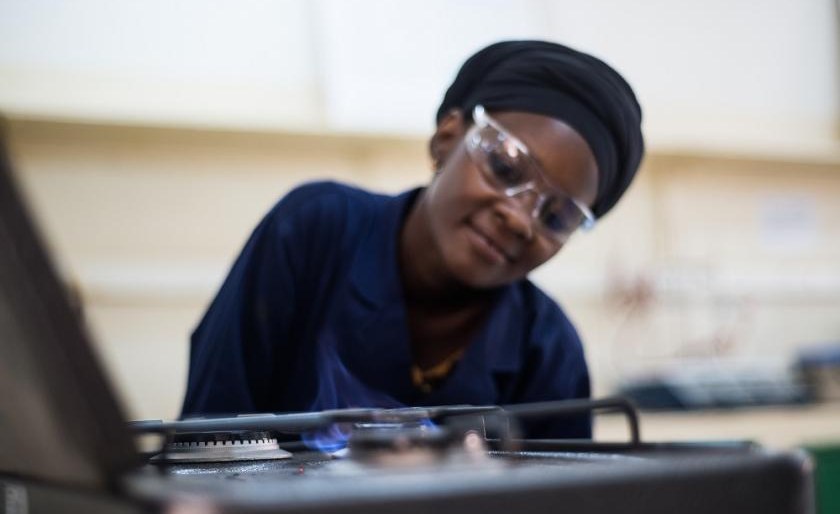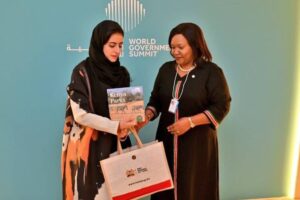[ad_1]
Pastoralist communities in Northern Kenya have been asked to embrace use of biogas for cooking to reduce over-reliance on firewood that pollutes the environment and poses health hazards.
The cheap eco-friendly energy ensures optimal use of animal dung and helps rid women and girls of the struggle of walking many kilometres to collect firewood, which remains the major source of energy for cooking in the region.
Speaking during a tour of Marsabit and Samburu counties to inspect a three-year-project funded by the Swedish International Development Agency (Sida), Swedish Minister for International Cooperation Per Olsson Fridh stressed the need for households to embrace the use of biogas energy as a way to mitigate effects of climate change.
The Integrated Management of Natural Resources for Resilience in Arid and Semi-Arid counties (Imara) project, aimed at transforming lives through rangeland management, vocational training and governance, is being implemented by the Northern Rangelands Trust (NRT), World Vision Kenya and Stockholm Research Institute.
Accompanied by Swedish Ambassador to Kenya, Caroline Vicini, and the country’s State Secretary for International Development. Ms Janine Alm Ericson, the minister called for concerted efforts from all people in the world in environmental conservation, saying this can result in the creation of many opportunities.
“We all should take care of the environment and do so without compromise,” Mr Olsson said while launching distribution of 60 biogas units at Kalama, flanked by NRT chief executive Tom Lalampaa.
He reiterated the Swedish government’s commitment to partnering in environmental conservation efforts.
Huge impact
The official appreciated the huge impact that the project that will end this year has had across the conservancies in the region, particularly on women empowerment through the Ujuzi Manyattani vocational training initiative and involvement in peace efforts.
Mr Lalampaa said through the Imara programme, more than 200 homes across conservancies in the region received biogas units for cooking and lighting their houses.
“The units have rid women of the burden of walking many kilometres in search of firewood and contributed to reduced charcoal burning, which has adverse effects on the environment,” he said, terming the initiative transformative.
Through Ujuzi Manyattani and Biashara Mashinani initiatives, hundreds of youths among them Morans and girls who have never set foot in class, have been trained on repairing phones and motorcycles, masonry and welding, reducing their dependence on livestock which often leads to conflicts.
Families have also been educated on fodder production as an alternative source of income, thereby improving their livelihoods and helping fight poverty in the region.
“We target 1500 youth in the Ujuzi Manyattani programme, which we are implementing in partnership with technical training institutions, and which is aimed at empowering young people economically and reducing the over-reliance on livestock as a source of income,” Mr Lalampaa said.
[ad_2]
Source link






















